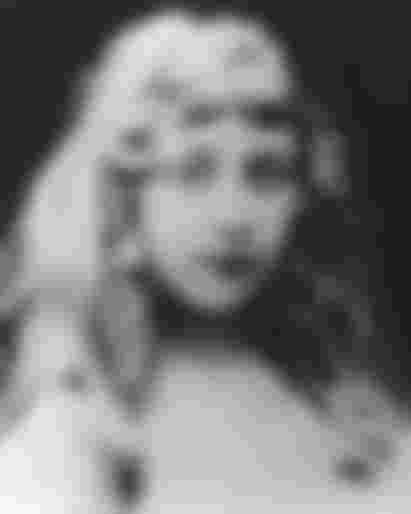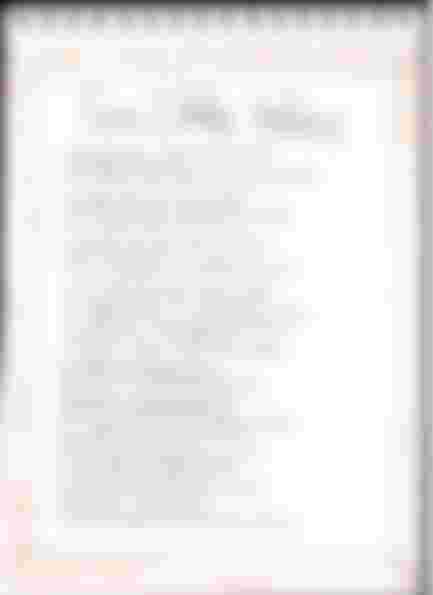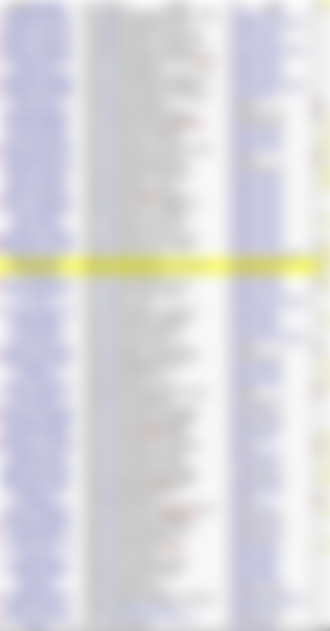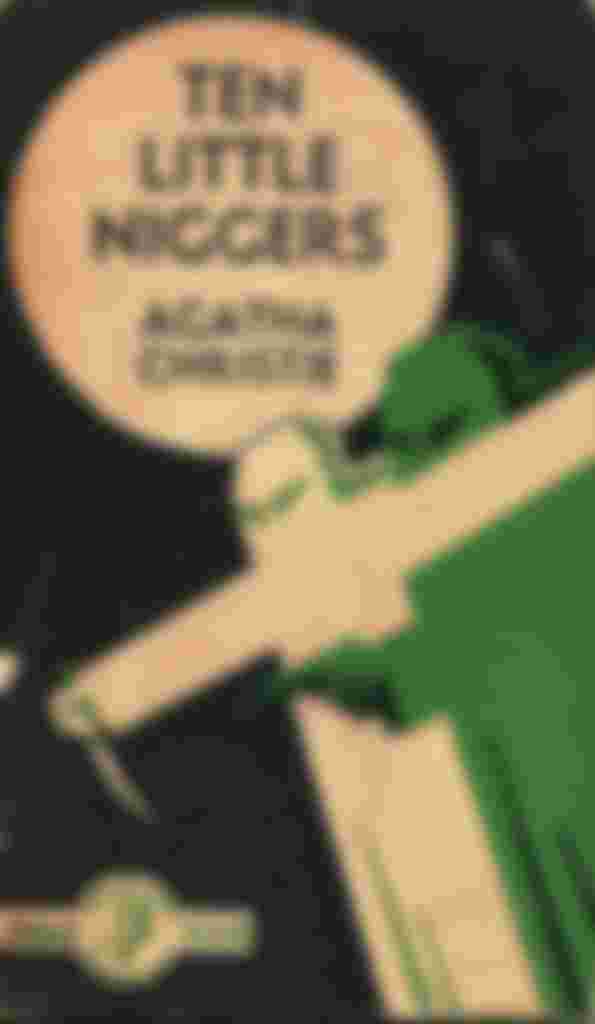(The Library: Book Review) Murder and mystery on a lonely island where ten murders may take place... or not! Who will die and who will stay alive in this amazing thriller by Agatha Christie is left to the reader to find out. Here she is, photographed in her youth:

Pros
The tension builds as your read. You want to finish and know who dunnit!
Well written, it ushers the reader back to a time without cell phones
Cons
I was disappointed a tiny bit by the plot but not much
Agatha Christie is a very famous name when it comes to murder mysteries and detective novels. This one, published in 1939 examines the plot of being trapped on an island with a murderer. It follows the classic who did it? kind of mystery. Guests are removed from the board and they can see what awaits them in small miniatures. I know quite a lot about miniatures! As the miniatures disappear or look dead by being placed sideways, tension sets in as another murder is sure to follow. But who will it be this time? And who is the murderer? How?

The list of the "Duchess of Death"'s works is too long to list here. Because the inventor of characters such as Hercule Poirot and Miss Marple was also known as the "Queen of Crime". But Dame Agatha Mary Clarissa Christie, also known as Lady Mallowman went also by the appellation "Mistress of Mystery" in order to fool any investigator as to her real identity. After all, she did disappear herself, once. But the Murder of the Orient Express is in the list below, also a book worth of your attention. Receiving multiple awards for her career, it is only fitting to show some of the extent of her work (the line highlighted is the works being reviewed here):
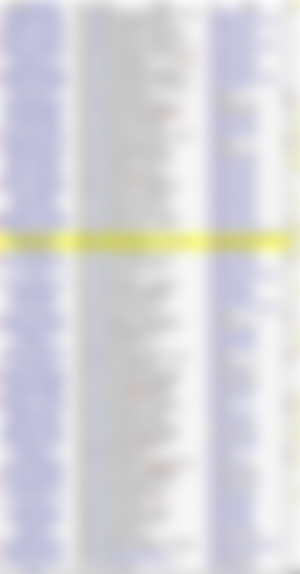
Re-writing the already written
Notice that multiple titles have various versions depending on their geographic publication. The right-most column identifies discrepancies between the US and the UK versions. Certain words were deemed inappropriate for the target audiences. The UK version of And Then There Were None is Ten Little Indians, which itself translates to "Dix Petits Indiens" in French. However, the works was published as "Dix Petits Nègres" when I read it. Since the French edition contained exactly 74 instances of the N word, it was deemed more appropriate to replace the words in the novel. Also, obviously, the story takes place on an island and the island had been named after an N word derivative and as such, further "find and replace" had to be performed. To finish the job, it should be noted that references to the N word miniatures discussed about previously also had to be the object of corrections. The concept of soldier was thus introduced to make sure that no one could be offended by the material. We can only hope that no soldier association will take offence at their involuntary involvement but they fit the role of this substitution perfectly! Because if soldiers found it to be defamatory to their reputation or as targeting them in undue fashion, then the publisher would have to be even more creative in finding new non-offensive terms. If colours and words cannot be said without risking an avalanche of hate due to the interpretations that people make of it then we will live in a sorry world. 1984 was such a world. More on that book soon.
To clarify, I am being cynical and I dislike any rewriting of books, their contents or their history. What was written is in the past and we should take care to preserve the past as it is instead of rewriting it. When Agatha Christie wrote her novels, she did so in the society of her time. To change that society so that it fits better with today's mould is to lose diversity. It is to lose historical accuracy. It is a trap that is wrong on so many levels. To punish the liberal expression of what we think with the words we chose is to ban opinions and voices. Today our society faces much more serious problems than before as we contemplate the past being erased in front of our eyes. If Fahrenheit 451 is the temperature required to burn paper, it takes much less to erase digitally. What I have shown here is just an example. Look for more "find and replace" errors in certain Kindle publications when the publisher became Nook. Further reading on that topic can be found here (The Atlantic: Internet is a Hallucination).

I recommend anyone who can find the book, whichever name it bears, to read it. Better yet, do like me and seek the unedited version which still bear the words of the author as she wrote them. It is full of mystery, intrigue, and you know what will happen, you simply don't know how, when or who. A great read!
Thanks for reading!
